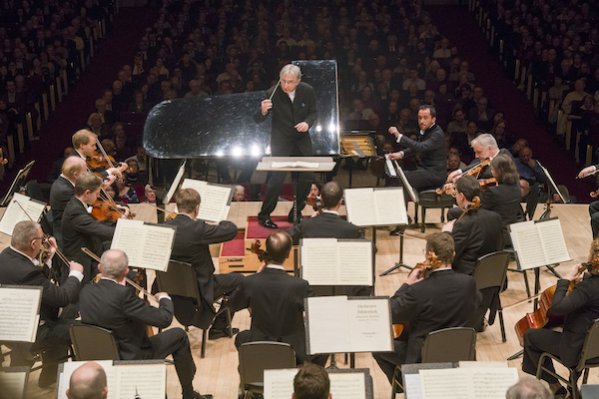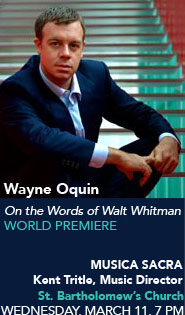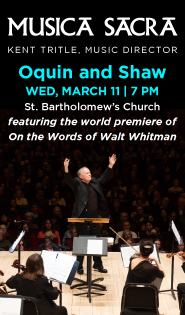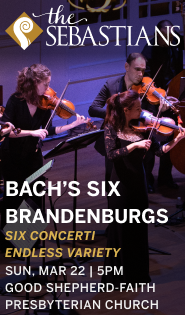Tilson Thomas, Vienna Philharmonic glowing and eloquent in Brahms and Ives

Igor Levit performed Beethoven’s Piano Concerto No. 3 with Michael Tilson Thomas and the Vienna Philharmonic Orchestra Tuesday night at Carnegie Hall. Photo: Richard Termine
There is a tenuous thread connecting Charles Ives and the Vienna Philharmonic Orchestra through Gustav Mahler. Mahler, who was once the music director of the Vienna Court Opera (a de facto extension of the VPO), embarked on his 1911 return voyage to Europe with a score of Ives’ Third Symphony in hand.
Of course Ives has never figured prominently in the VPO’s repertoire, and that fact added intrigue to Tuesday night’s Carnegie Hall concert led by Michael Tilson Thomas. One of MTT’s Perspectives Series concerts, it also featured pianist Igor Levit playing Beethoven’s Piano Concerto No. 3, and concluded with Symphony No. 2 by Brahms.
But Ives was up first, with Decoration Day, a movement from his Holiday Symphony that also works as a stand-alone tone poem.
With MTT’s expertise and experience in this repertoire, the music was in good hands. From the opening floating lines and chords, the VPO nailed Ives’ sound world. The warmth and grain of their sound brought a glow to the unique, mystical comforts of the music. A meditation on the Union dead, the piece has an off-stage trumpeter playing taps, and the plain, simple style in which this was delivered cut to the heart. And while this is not one of Ives’ most idiomatically “American” pieces, it still features a bouncy, extroverted marching band section, with some wild curlicues, and the orchestra played this with great spirit.
Tilson Thomas was expert in shaping the larger scale form of this and the Brahms’ symphony, one of his consistent strengths as a conductor. His handle on the Beethoven concerto was less secured, in part due to Levit.
While witnessing the performance, one had to recall Stephen Hough playing the same concerto with the New York Philharmonic last month. Hough seemed to be uncovering new ideas with each note, spurring on emotional excitement and making for a thrilling performance.
Levit began from a largely subjective standpoint, which was compelling in the first movement. His playing was all about the beauty in the music—his legato in rapid, twisting passages was startlingly effecting—and the cadenza was full of passionate, even stormy, feelings.
But the Largo was far too slow, as if Levit was taking indulgent time to enjoy the sound that he was producing. Levit’s self-absorbed playing eventually brought forward motion to a standstill. The Rondo had plenty of energy, but coming after the solipsistic Largo, it seemed merely manic and unfocused.
Levit’s musical thinking was often impenetrable, and this continued through his encore, the last two sections of Schumann’s Kinderszenen. The playing was a weird combination of slow, hushed, and wayward, so much so that at times he seemed to be improvising, disassembling the music through long-empty spaces.
Brahms’ Symphony No. 2, however, was superb. One of the great “comfort-food” works, the VPO’s playing was equally lush and full of energy, soothing and exciting at the same time. Again, MTT’s shaping of each movement, the levels of energy and dynamics, were excellent throughout. One could heard this work as a classical era journey from home, then outward and back again. Topping the gorgeous playing of the orchestra was Josef Reif’s first movement horn solo, which was one of the most purely beautiful sounds one has heard in some time.
The encore, Brahms’ Hungarian Dance No. 10, was no less energetic with a nice, after-party rambunctiousness.
Michael Tilson Thomas leads the Vienna Philharmonic Orchestra in Mahler’s Symphony No. 9, 8 p.m., Wednesday. carnegiehall.org



